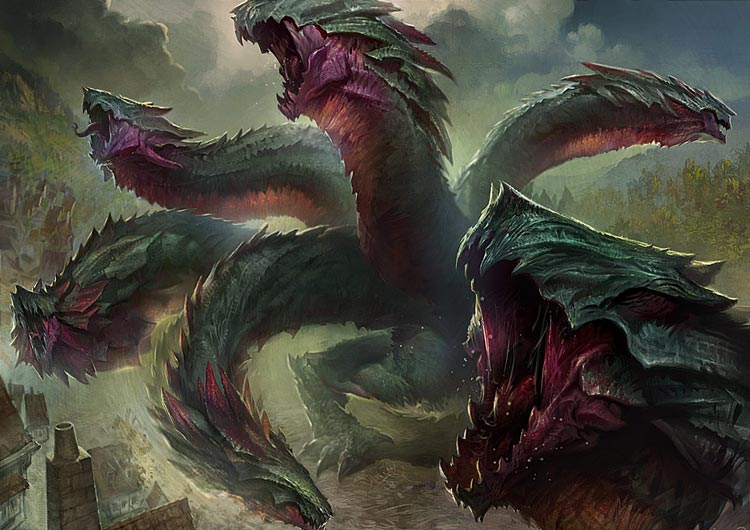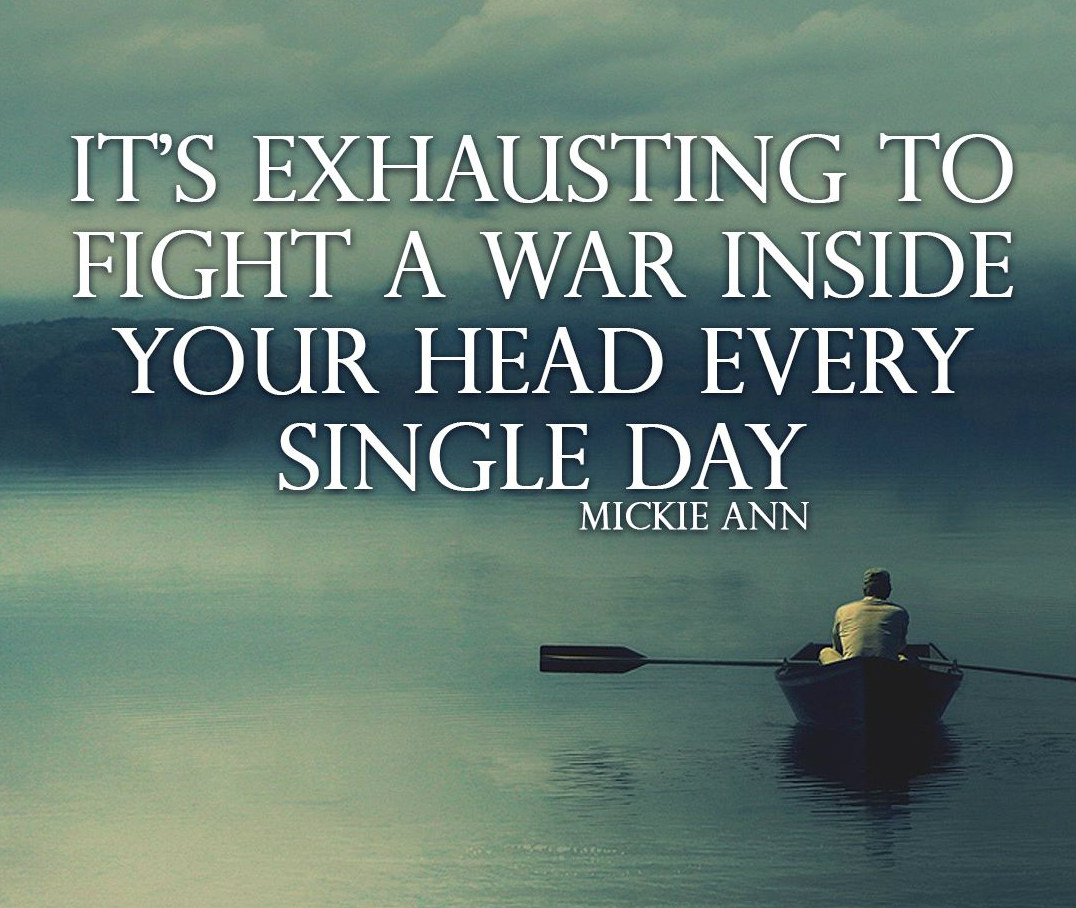Don’t Overthink

Whatever you say is up to you.
Fans regularly ask what they should say in a book review. Most of the time, they are overthinking the process. They see fancy reviews dissecting books into particulate blocks of thematic development and character development online and they get intimidated, but those are either ARC (Advance Review Copies) reviews or editorial book reviews. Nobody expects you to do that. Kudos if you can and thank you if you do that for my books – but it’s not expected. Maybe you’d rather do a review on YouTube because that’s quick and easy. That’s great (send me a link and I’ll transcribe it for you so you can post it on Goodreads with minimal effort; I’ll also feature it on my site if you like).
For the average person, a book review is really your personal commentary on a book (not a summary like you did in school) so whatever you say is up to you. However, it still helps to have some guidance so here are some common elements of a good book review:
Plot

It’s not a summary – it’s your commentary.
The most obvious starting point is to tell about the book’s plot, but remember, the point isn’t to summarize the book, the point is to offer your commentary, so describing the plot could be as simple as saying “Shadow’s journey kept me hooked,” or “I was enamored by the magic woman’s story,” or “This is a page turner,” or “Thriller-paced, this novel keeps you biting your nails.” It’s that easy. You don’t have to be fancy.
If you want to try your hand at making your book review more interesting, you can compare the plot to other books or shows you think describe the book. For instance, Assassin Hunter has been described as Jason Bourne meets X-Files. I describe Moon 514 as Star Wars meets Divergent. Sometimes, these feel overdone or exaggerated but they help readers get a quick flavor of a book so they can be useful. Author comparisons can be helpful as well but that’s getting more complicated so let’s move on.
Characters

Keep it simple: “relatable heroes, nasty villains”
You can tell us the intricacies of character development in a book or you can keep it simple. “I really connected with the plucky hero,” or “Shadow’s deep morality made me reconsider some of my own choices,” or “Tzun makes some really dumb decisions but his innocence was charming ….” Again, it’s your commentary, not a summary, so all you have to do is tell about what you liked or didn’t like (or both) about characters (or the main character) in the book. One Moon 514 character summary succinctly said it had “relatable heroes and nasty villains.”
Worldbuilding

You don’t have to tell us everything … just a few highlights.
Okay – telling someone about world building may sound intimidating but it’s not – really. World building just refers to the setting of a story. One of my reviewers noted my world building in Unproven was multi-layered and complex a la Ursula Le Guin. That’s high brow and it made me happy (she influenced J.K. Rowling’s Harry Potter series – you may have heard about Harry ;^) ) but you can keep it simple if you prefer. Veteran producer Beth Roose’s review of Unproven summarized my world building like this: “I love all the original concepts and so will you!” but when we spoke about writing the screenplay for Unproven, she noted that she really liked the Graskin owls (they’re iridescent green, intelligent), the winlaka, and the vampiric vines. Another reviewer described the kotrakoy in Unproven as “dragons on steroids.” That’s a strong visual and it helps readers gauge the uniqueness of a book’s settings. You don’t have to tell us everything about the world an author created – just offer a few highlights.
Pacing, Prose, Etc.

Tell what kept you reading.
For most people, a few comments about plot, character development, and world building is more than enough, but if you’re like me, you probably like to add more stuff. I’ve reviewed several books on Goodreads, though not nearly as many as I’ve read. I try to mix things up and write about whatever strikes me about a book. Sometimes, it’s the concept that got me reading (I’m Not a Serial Killer, This Mortal Coil, Prince of Thorns). Other times, the prose and craftsmanship is what keeps me reading (Elaine Cunningham’s Forgotten Realms, Game of Thrones – yes, there are books that inspired the show ;^) ). In other words, you can finish your review by sharing whatever you feel made the book enjoyable to read. One of my Wattpad followers noted how a passage in Moon 514 kept “echoing” in her mind and how she loved my way with words. Another said Moon 514 “drags you in fast and strong.” Those are good sales pitches and they make great review snippets.
Sometimes a book keeps you reading because the plot is gripping, sometimes you keep reading because you enjoy how the author writes. I’ve felt that way about some of Stephen King’s books. He isn’t eloquent by any stretch of the imagination but he’s so down to earth that you feel like you’re listening to a close friend telling you the story. If I was going to add a sprinkle to the top for one of his reviews, that’s what I’d mention.
Conclusion

Editorial reviews are complicated but reader reviews are not.
ARC reviews and editorial reviews can be artful and loquacious but reader reviews can be simple commentaries about a book you read. They can be succinct and punchy or they can be a video where you explain what you enjoyed (or didn’t like) about a book. The most important thing to remember is that you’re sharing your experience so that other readers will know what you recommend and what to expect.




Thank you very much. This is quite helpful and I’ll keep it in mind for future reviews,